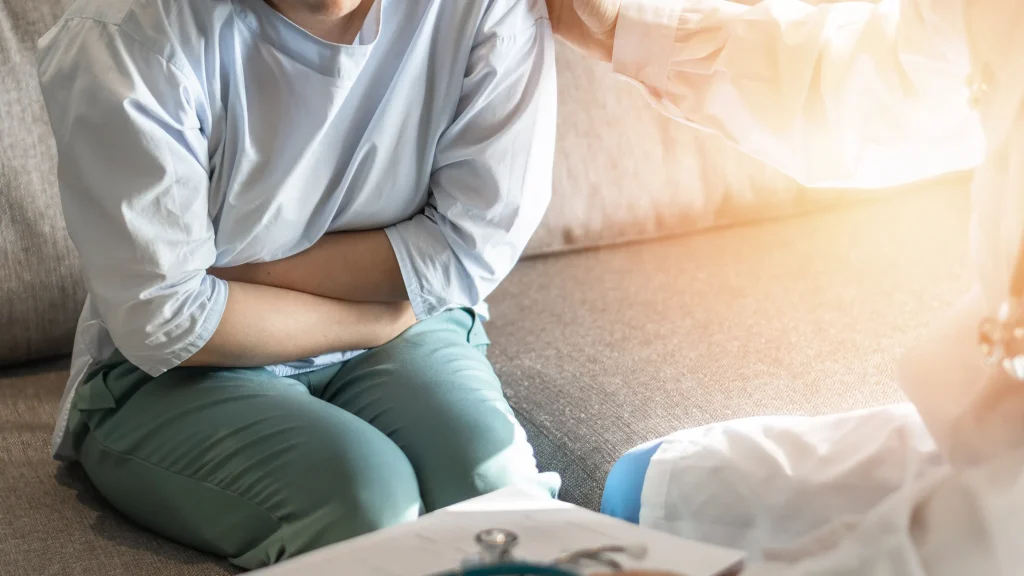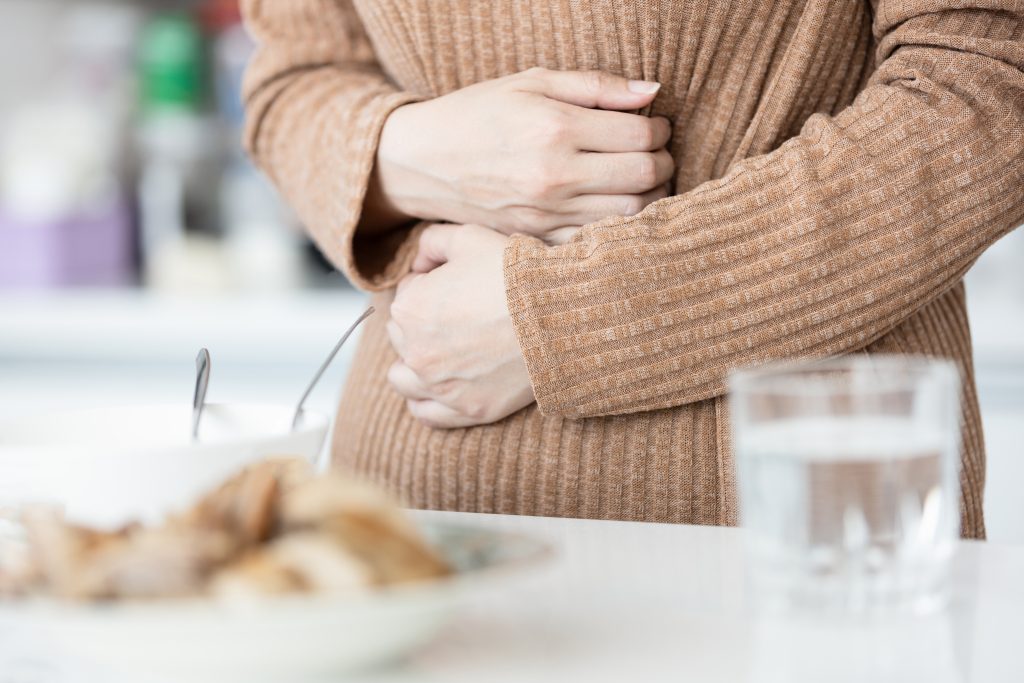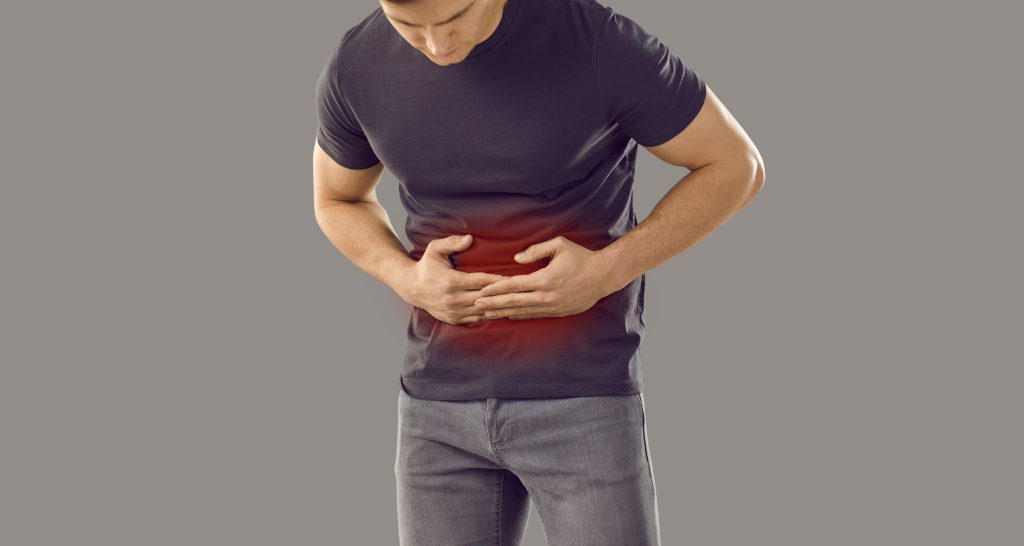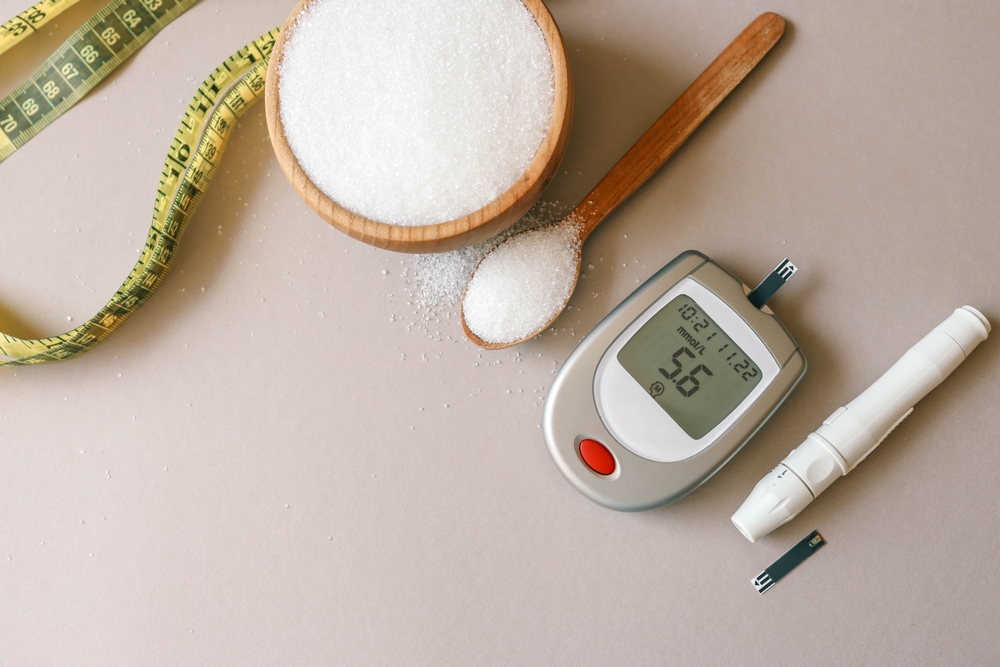Irritable Bowel Syndrome with Diarrhea (IBS-D) is a subtype of IBS characterized by chronic diarrhea, abdominal pain, and discomfort. Understanding the meaning of IBS-D is crucial for those experiencing these symptoms, as proper diagnosis and treatment can significantly improve quality of life.
The primary symptoms of IBS-D include frequent loose stools, abdominal cramping, and an urgent need to have a bowel movement. People with IBS-D often experience episodes of diarrhea that are unpredictable, making daily activities challenging. In addition to diarrhea, other symptoms such as bloating, excessive gas, and discomfort in the lower abdomen are common.
What are the Common Symptoms of IBS-D?
IBS-D, or irritable bowel syndrome with diarrhea, is a type of IBS primarily characterized by frequent diarrhea. Common symptoms of IBS-D include:
- Abdominal Pain or Cramping: Usually relieved after a bowel movement but can be chronic or severe.
- Frequent Diarrhea: Loose, watery stools that occur frequently, often suddenly and with urgency.
- Bloating and Gas: Feeling fullness or swelling in the abdomen, accompanied by excessive gas.
- Urgency to Have a Bowel Movement: A robust and sudden need to use the bathroom can be distressing.
- Mucus in the Stool: Some people with IBS-D notice white mucus in their stool, which can indicate inflammation in the intestines.
- Incomplete Evacuation: Feeling like you didn’t empty your bowels after a movement.
- Food Intolerance: Certain foods, such as dairy, gluten, or high-FODMAP foods, can exacerbate symptoms.
Managing IBS-D typically involves dietary adjustments, stress management, and sometimes medications. Each person’s triggers can be unique, so tracking symptoms with a food journal can be helpful.
Exploring IBS-D Causes
The exact causes of IBS-D still need to be fully understood. While the causes of IBS-D are complex and vary from person to person, management strategies often focus on diet, stress management, and medication. Genetic predisposition, abnormalities in gut motility, and an imbalance in the gut microbiome are all believed to play a role.
Triggers such as certain foods, emotional stress, and infections can exacerbate symptoms. Identifying and avoiding triggers can be an essential step in managing IBS-D. Additionally, heightened sensitivity in the gut nerves and muscle contractions that are either too strong or too weak may contribute to the onset of symptoms.
Effective IBS-D Treatments
Several treatment options are available for managing IBS-D, and the best approach typically depends on the severity of the symptoms. The most effective treatments for IBS-D often include a combination of medications, dietary adjustments, and lifestyle changes. Antidiarrheal medications like loperamide help manage diarrhea, while antispasmodics can relieve abdominal cramping. For some, antidepressants at low doses may also help alleviate pain by affecting gut-brain communication. Antibiotics like rifaximin may be prescribed to reduce bacterial overgrowth in the gut. A certain combination and ratio of Histamine blockers may be beneficial in many patients.
What role do Histamines play?
Some patients have seen dramatic improvement with “dual-antihistamine” therapy. Using the right ratio of certain antihistamines to block both the histamine-1 and histamine-2 receptors has shown a great improvement in symptoms. Patients have seen decreased bowel output; more formed stools; less urgency; and less abdominal cramping.
Diagnosing IBS-D: What to Know
Diagnosing IBS-D can be complex because no specific test confirms the condition. Instead, doctors rely on symptom history and a process of elimination to rule out other gastrointestinal issues. A diagnosis is typically made based on the Rome IV criteria, which includes experiencing abdominal pain at least one day per week for three months and changes in stool frequency and form.
Healthcare professionals diagnose IBS-D by reviewing a patient’s symptom history and ruling out other conditions such as celiac disease, inflammatory bowel disease, or infections. Tests like blood work, stool samples, and colonoscopies may be conducted to ensure no underlying issues. Once other conditions are ruled out, IBS-D can be diagnosed, and a treatment plan will be recommended.
IBS-D Diet Tips for Relief
Diet plays a significant role in managing IBS-D symptoms. Certain foods can trigger or worsen diarrhea, while others can help alleviate symptoms. This diet eliminates high-FODMAP foods like onions, garlic, beans, and certain fruits.
Try a Low-FODMAP Diet
- Phase 1 (Elimination): Avoid foods high in FODMAPs, which are certain types of sugars that ferment in the gut. These include certain fruits (like apples, pears), vegetables (like onions, garlic), dairy, and legumes.
- Phase 2 (Reintroduction): Gradually reintroduce FODMAPs one at a time to identify which ones trigger your symptoms.
- Phase 3 (Personalization): Develop a personalized diet based on tolerated foods.
Eat Small, Frequent Meals
- Eating smaller meals more frequently throughout the day (every 3-4 hours) can prevent overloading the digestive system, reducing the risk of triggering diarrhea and bloating.
Limit Fatty and Fried Foods
- High-fat foods can increase intestinal contractions, leading to diarrhea. Choose lean proteins (like chicken or fish) and cook with less oil, opting for baking, grilling, or steaming instead of frying.
Avoid Artificial Sweeteners
- Sweeteners like sorbitol, mannitol, and xylitol, commonly found in sugar-free gum and certain processed foods, can exacerbate IBS-D symptoms. Check labels and avoid products containing these sweeteners.
Limit Caffeine and Alcohol
- Both caffeine and alcohol can stimulate the digestive system, often worsening diarrhea. Opt for herbal teas or decaffeinated drinks, and limit or avoid alcohol, especially beer and sugary cocktails.
Antihistamine blockade
- Antihistamine combinations may be beneficial in relieving the diarrhea associated with IBS-D.
Living with IBS-D is not a way that anyone should be going through life. Our doctors at GetReliefRX want to see that you find relief. Visit Get Relief Rx today to explore proven solutions designed to ease your symptoms and improve your gut health. Click here to start feeling better now!




